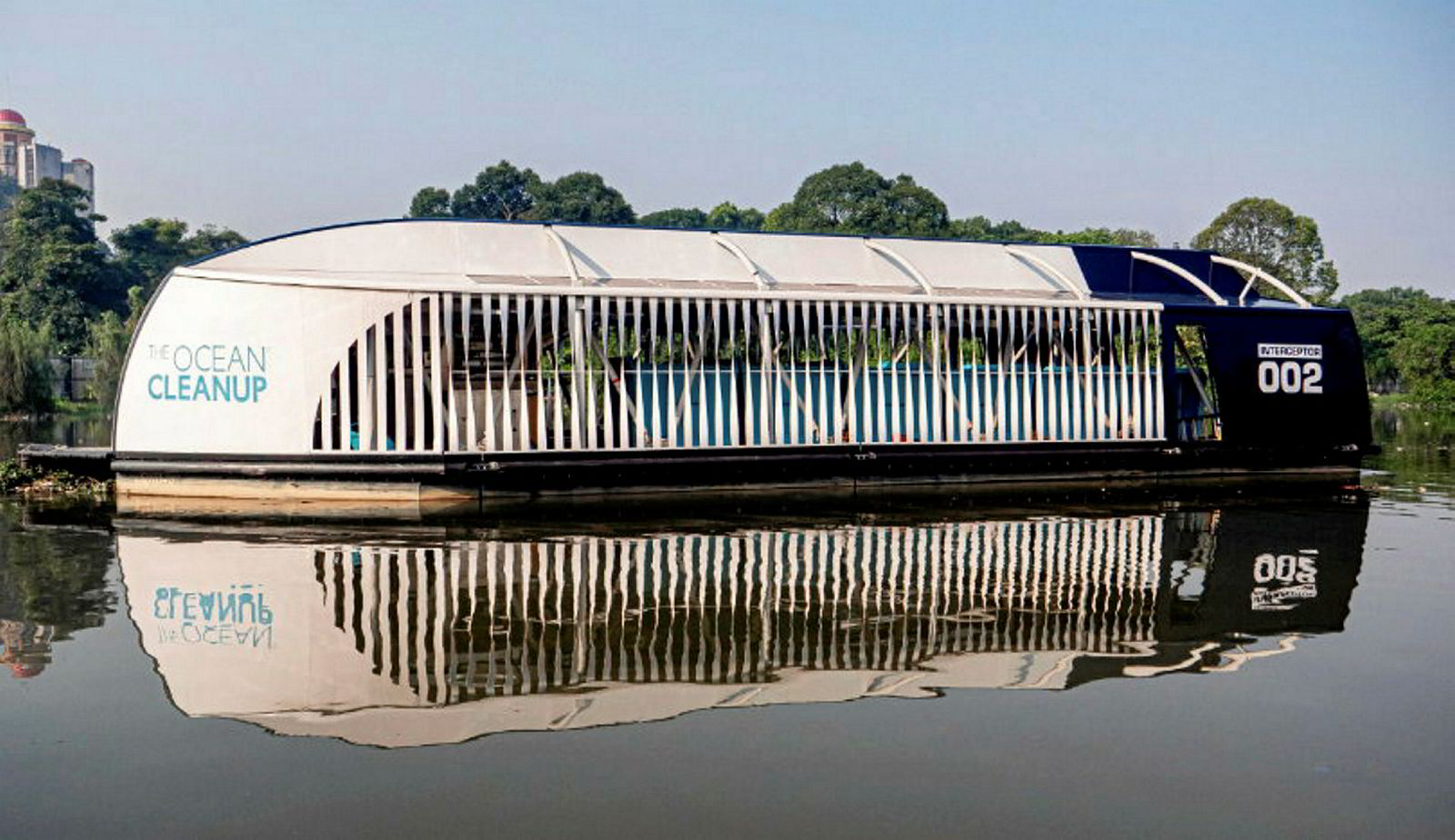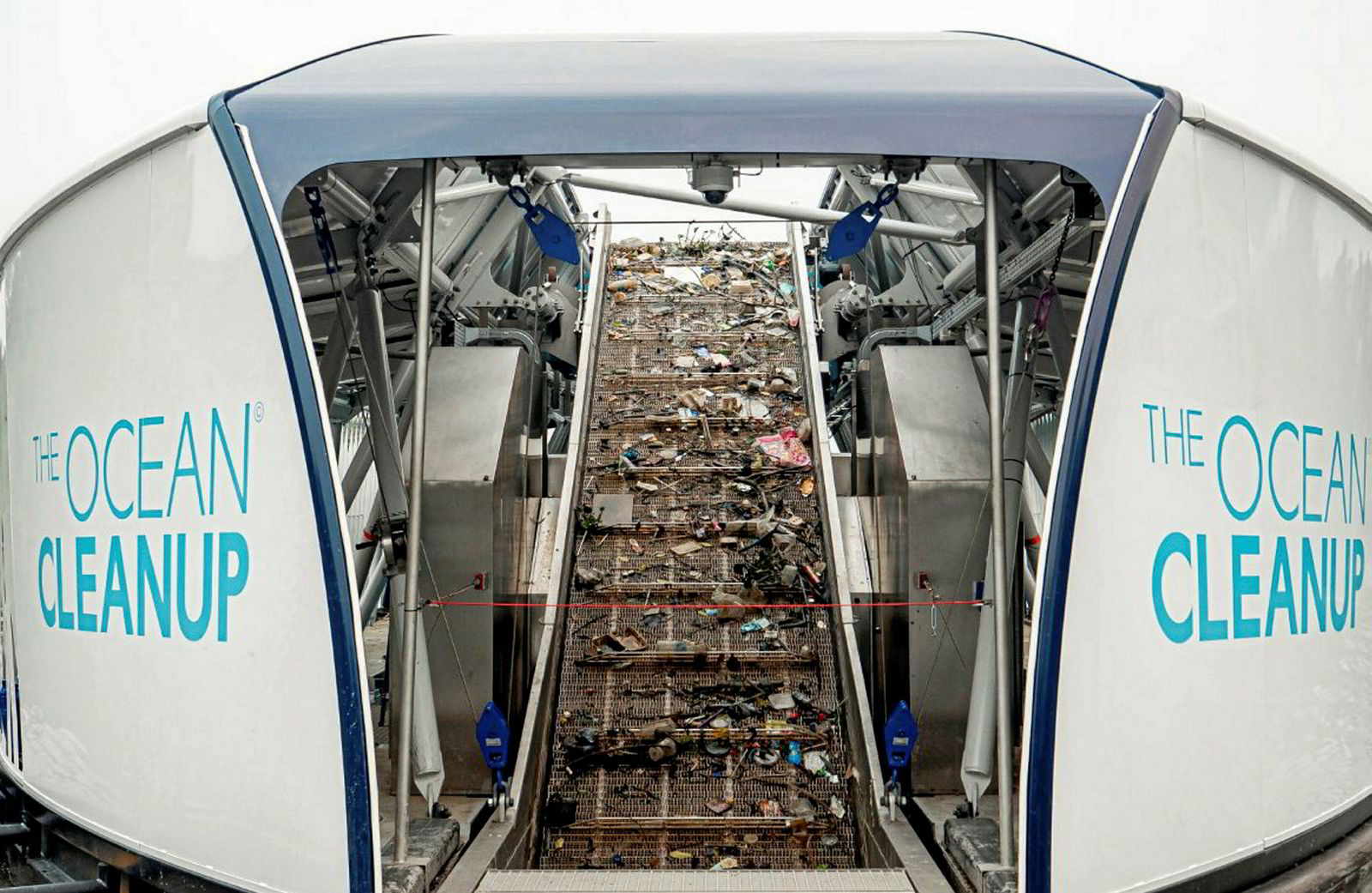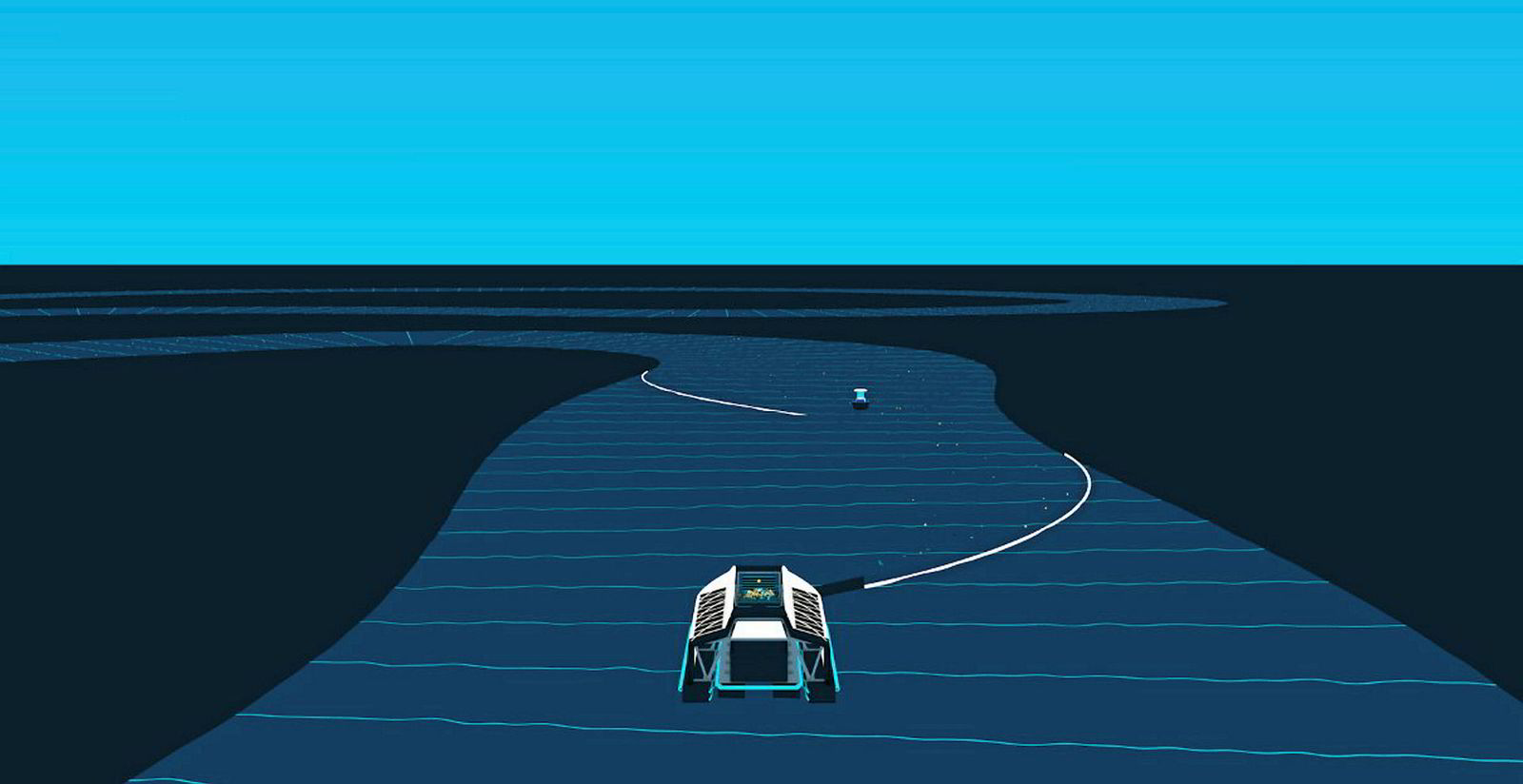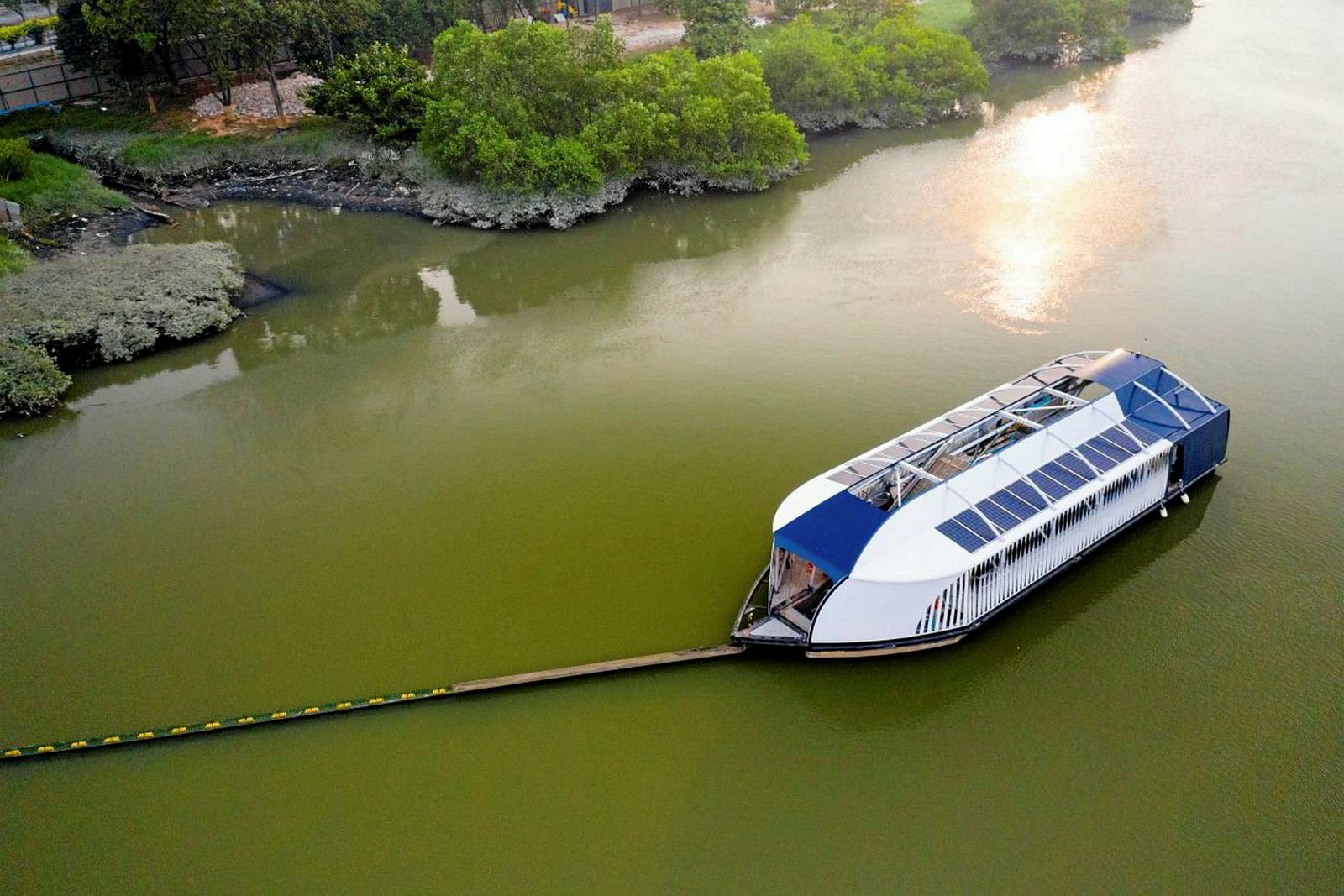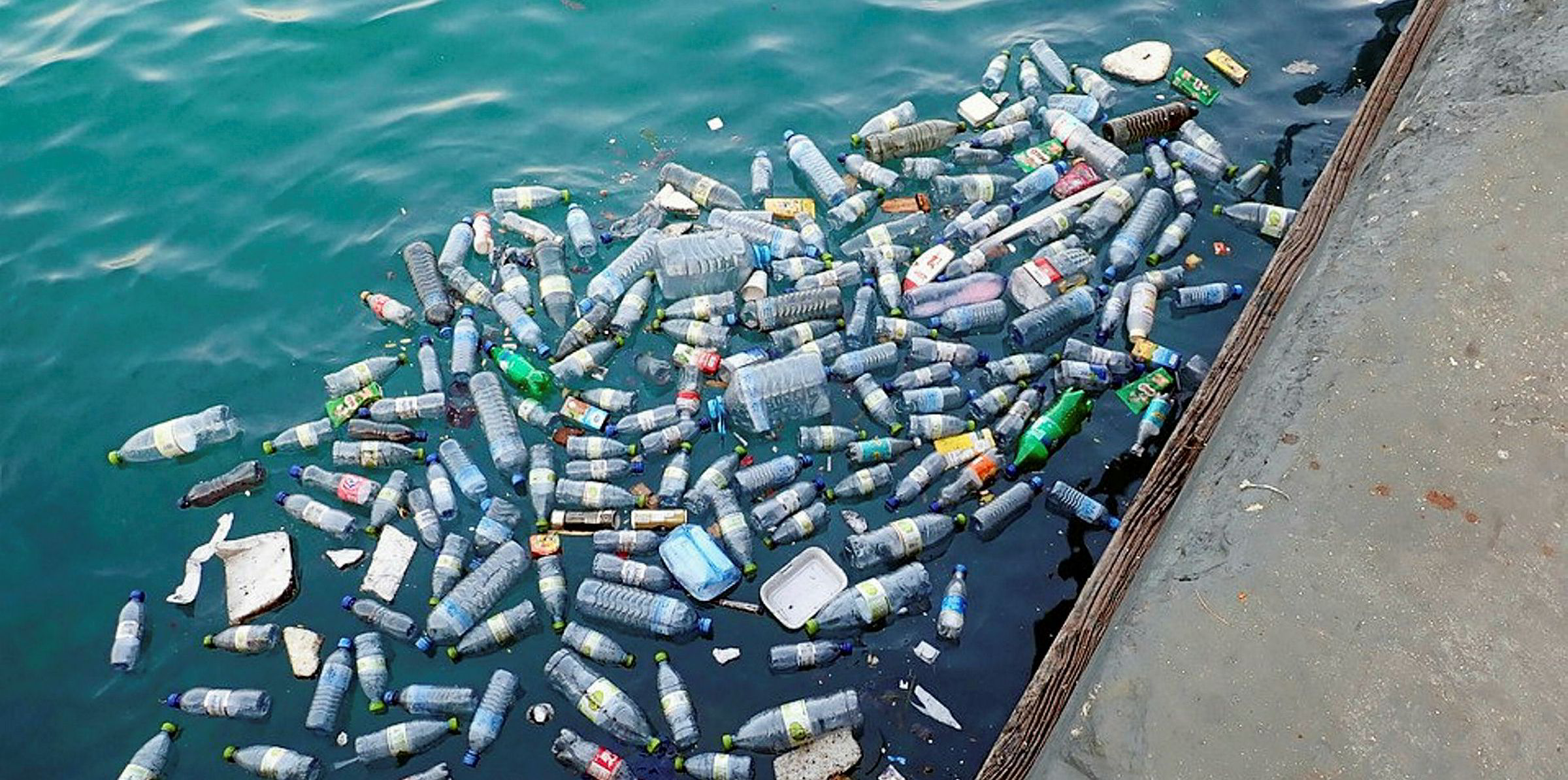Some of the most polluted rivers in Asia are providing testbeds for a new marine based system that aims to slash seaborne plastic waste.
The Interceptor is described as “the first scalable solution” to intercept river plastic pollution and can be deployed around the world.
It is a solar powered, autonomous, floating solution which extracts plastic from rivers, preventing the waste from reaching the oceans.
Dutch charity Ocean Cleanup aims to tackle the 1,000 most polluting rivers, responsible for about 80% of ocean plastic pollution, before the end of 2025.
Its developers claim the Interceptor is capable of extracting 50,000 kg of trash per day – even reaching 100,000 kg per day under “optimized conditions”.
Norway’s Gard is providing P&I insurance for the Interceptor, following on from its previous work with the charities’ first cleanup system inside the Great Pacific Garbage Patch.
Four Interceptors have been built to-date; two systems are already operational in Jakarta, Indonesia and Klang in southern Malaysia.
A third system is in Vietnam to be installed in Can Tho in the Mekong Delta, while the fourth is destined to be deployed in the Dominican Republic.
Ocean Cleanup says the system is anchored to the riverbed to utilize the natural flow of the river to catch the plastic and is designed for 24/7 autonomous operation.
“Its floating barrier that is used to direct the garbage into the system only spans part of the river; it will not interfere with other vessels and does not harm the safety, nor impede the movement of wildlife,” the charity said.
“An internet-connected onboard computer monitors the system’s performance, energy usage, and component health.”
